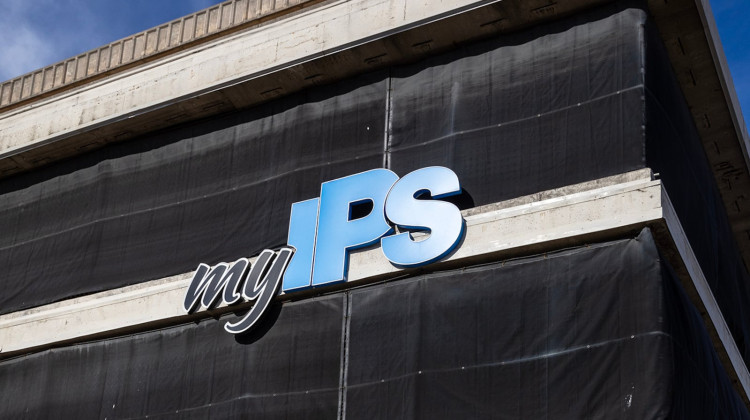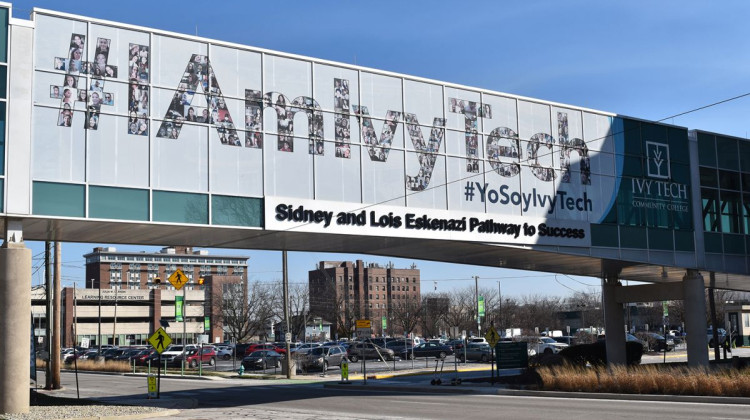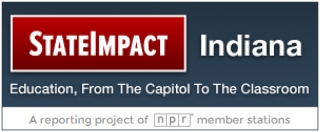The State Board of Education approved a sweeping new plan for high school graduation pathways this month, but the recent decision has caused some concern for schools, and major questions remain.
The new plan aims to make sure students have more employable skills before they leave high school – through things like an after school job, or service or research projects. But Indiana Small and Rural Schools Association director Christopher Lagoni says there are still important, unanswered questions.
“We’re wanting to know how we’ll be able to track this, how we’ll be able to afford it, what are the transportation costs,” Lagoni says.
Lagoni says many rural schools already have some career-oriented options, but a major challenge is to figure out how schools can offer those to all students, and match those larger programs with available resources.
Lagoni also says there are concerns about how to fairly implement those for students in different areas.
“If a student has a job outside of school, some students can access that because they have transportation. Other students are geographically isolated – they take the bus to school, they take the bus home, they have no transportation.” Lagoni says.
Lagoni says schools worry about other logistics as well, like how to track career and college readiness, the cost of these changes, and where that funding will come from. But he says the promise of locally-created pathways will help address those key questions. The new requirements go into effect in 2019.
 DONATE
DONATE











 Support WFYI. We can't do it without you.
Support WFYI. We can't do it without you.